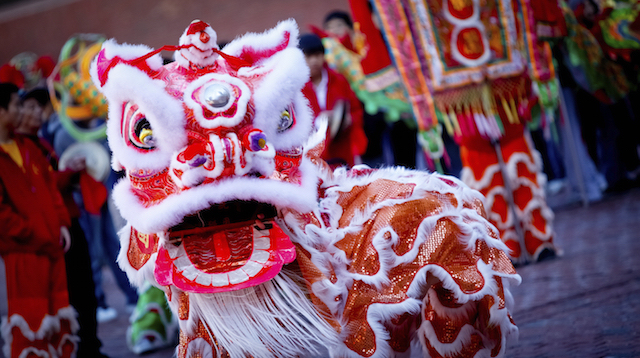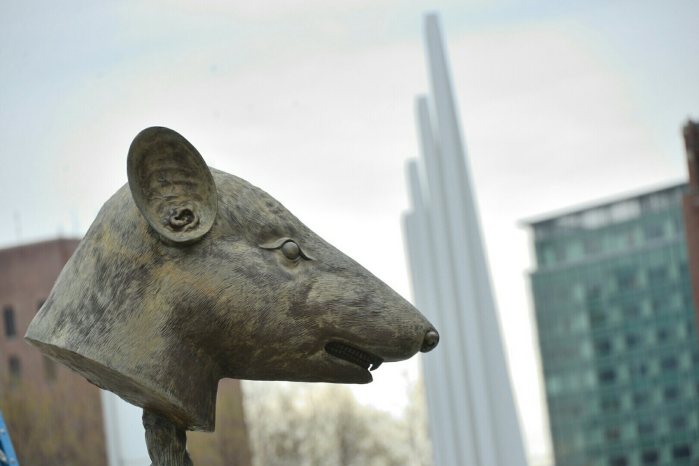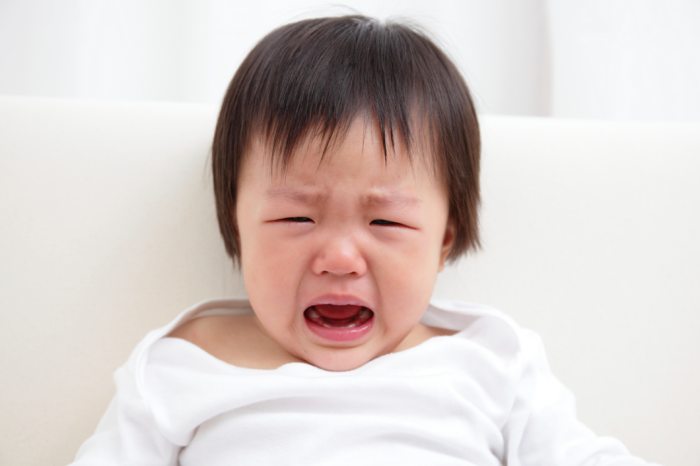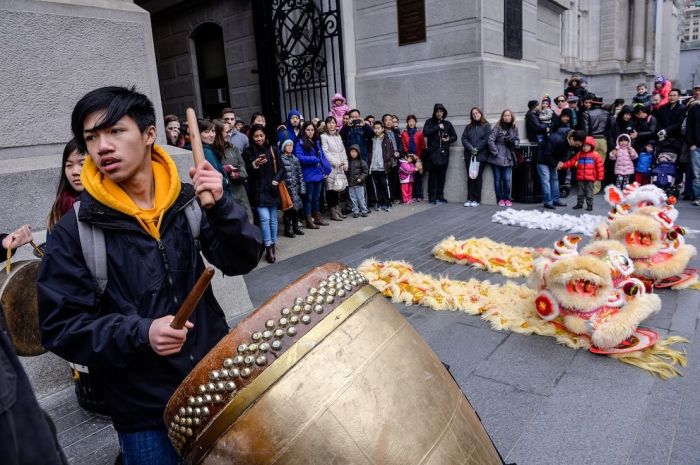“I feel very proud of being Chinese and celebrating Chinese New Year in America,” says the 10th grader. I think we’ll probably go shopping and have a long phone call to our relatives in China.”
The Year of the Student

iStock
New York City is ushering in the Year of the Monkey today, and that means parades, fireworks, and —for the first time —an official day off from school in observance of Lunar New Year. Public school students who observe the holiday no longer have to choose between going to class, and honoring their cultural tradition.
“So often with schools with a large ESL population, it’s all about acclimating,” says Melanie Lee, the principal at Queens High School for Language Studies in Flushing, where more than 60 percent of the student body is Asian-American. “When you have citywide recognition of another holiday, it allows schools to take a step back and say, ‘We value students’ home culture and home language.’”
In September, Mayor Bill de Blasio fulfilled a campaign pledge made in 2013 to close schools for the first day of Lunar New Year (often referred to as Chinese New Year, though the holiday is celebrated thorughout East Asia), as well as for the Muslim holy days of Eid al-Adha and Eid al-Fitr. Elected officials and community groups had been pushing to add Lunar New Year to the public school system for nearly a decade. Of the system’s over 1 million students, one in six is Asian.
On Friday, students from Queens High School for Language Studies held a talent show and Lunar New Year celebration at the Flushing Town Hall. They graduate with fluency in both academic English and Mandarin Chinese. At home, students speak a vareity of laungages including Spanish, Tamil, Urdu, Filipino, English, and several Chinese dialects.
At the High School for Dual Language and Asian Studies in Manhattan, where about 83 percent of the school’s 421 students are of Asian descent, 11th grader Tema, 16, says that “all the students are feeling really ecstatic” about the school system’s recognition of Lunar New Year.
“I’m actually Tibetan, not Chinese,” says the 16-year-old. “The fact that New York City made this holiday is also for other student populations. The Tibetan new year also falls on this day, and so we are also recognizing another minority, the Tibetans. It shows a real coming together of the community.”
In the past, students have “had to make a hard choice, they don’t feel they can miss a day’s work and take a day off,” says High School for Dual Language and Asian Studies principal Li Yan, who notes that it’s important for students, regardless of their background, to “feel that their culture is being recognized.”
“I’m Cuban, I don’t celebrate Chinese New Year, but the fact we have the day off gives us a chance not to overlook the Chinese culture, especially for us non-Asian students because we hear a lot about it, but we don’t get the chance to experience it firsthand,” says Thalia, 16. The Dual Language student says she’s looking forward to seeing the fireworks in Chinatown for the first time this year.
Xinju, 16, who immigrated from China and started at Dual Laungage less than a year ago and is celebrating Lunar New Year in New York for the first time, says she’s happy to have the day off.
Traditionally, families congregate on Lunar New Year — it’s as significant as “Thanksgiving and Christmas combined,” says Lee. Attendance at previous schools where she worked was often low on Lunar New Year, since some students opted to stay home with their families.
“For a lot of parents, it’s one of the few days they get off, especially if they work for Chinese-owned businesses,” she says, noting this year, it “doesn’t have to be a sacrifice.”


















